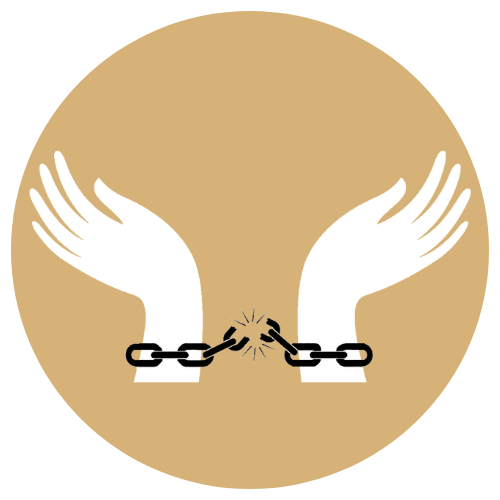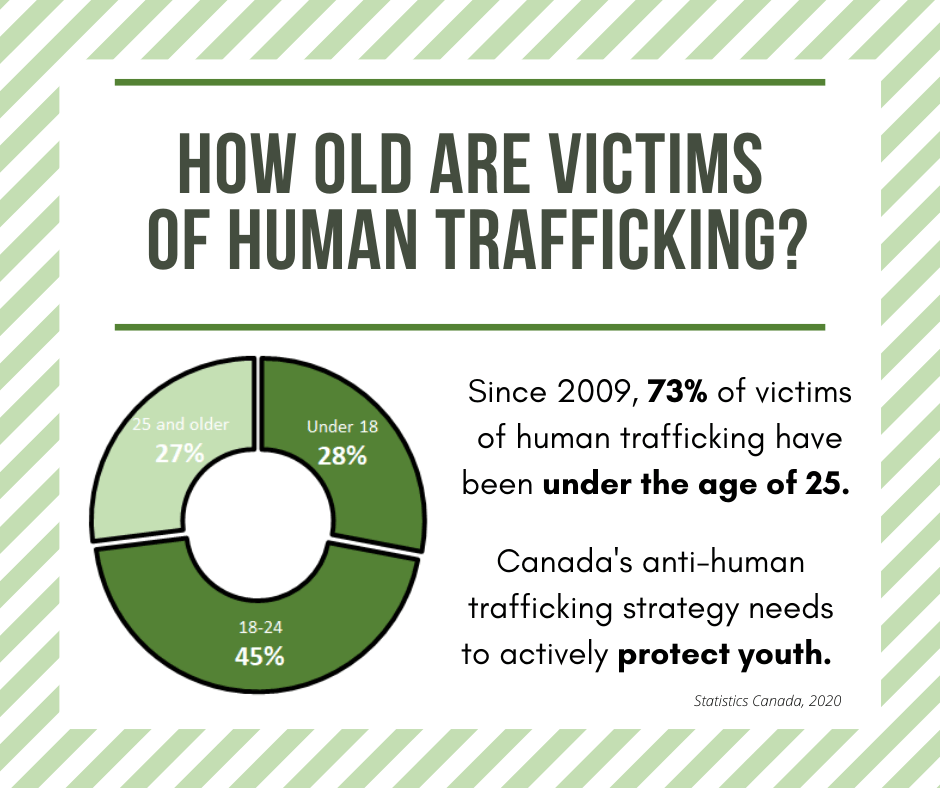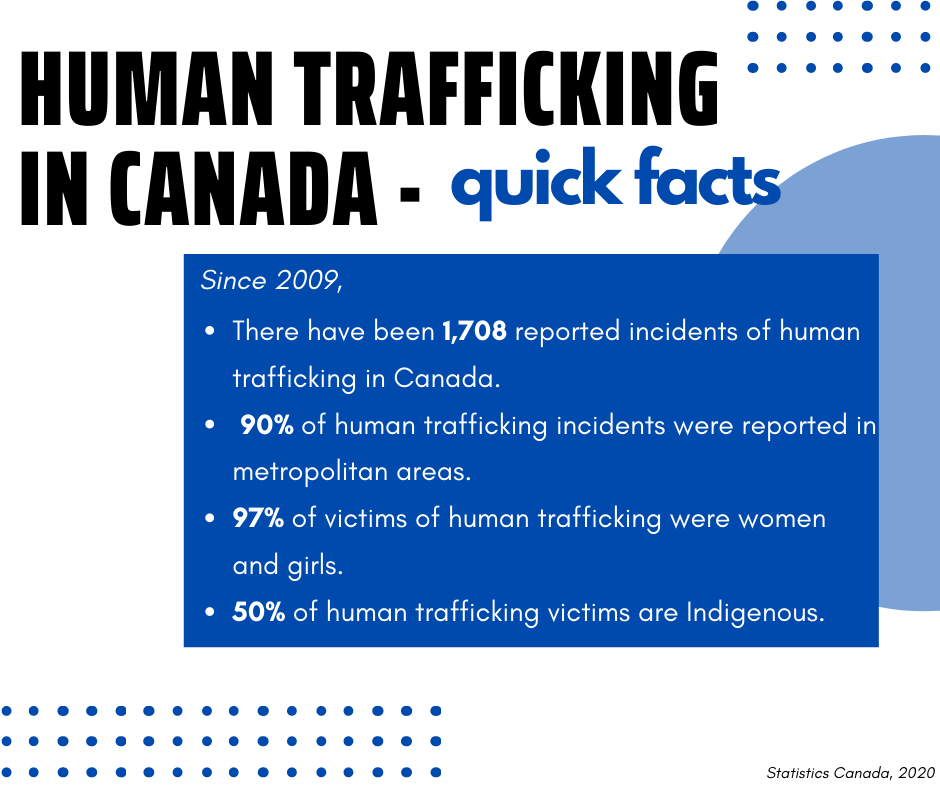
Welcome to the official website of the All Party Parliamentary Group to End Modern Slavery and Human Trafficking.
The End Modern Slavery Group is dedicated to ending modern slavery through the Government of Canada. Launched in 2018, the APPG includes members from the Liberal, Conservative, Bloc Québécois, and NDP parties as well as the Independent Senators Group. Members seek to improve policy and legislation, increase information on modern slavery to Parliamentarians, promote long-term approaches to the prevention of slavery, and engage with like-minded bodies to eradicate slavery. The End Modern Slavery Group is partnered with an external research group from the International Justice and Human Rights Clinic at the Peter A. Allard School of Law.
What is ‘Modern Slavery’ and ‘Human Trafficking’?
The End Modern Slavery Group recognizes the complexity of the term “modern slavery” and its interchangeable use with the term “human trafficking”. Modern slavery or human trafficking are defined by an act, means, and purpose:
Act
“The recruitment, transportation, transfer, harbouring or receipt of persons…
Means
…by means of the threat or use of force or other forms of coercion, of abduction, of fraud, of deception, of the abuse of power or of a position of vulnerability or of the giving or receiving of payments or benefits to achieve the consent of a person having control over another person…
Purpose
…for the purpose of exploitation. Exploitation shall include, at a minimum, the exploitation of the prostitution of others or other forms of sexual exploitation, forced labour or services, slavery or practices similar to slavery, servitude or the removal of organs.”
(United Nations Protocol to Prevent, Suppress and Punish Trafficking in Persons, 2000)
Further definitions, from the Constitution of the End Modern Slavery Group, include:
Forced Labour
Work or service that is extorted from someone under the menace of any penalty and work or service that the person has not offered voluntarily.
Domestic Servitude
A special category of labour trafficking where the victims are domestic workers such as maids, servants, housekeepers, child-care givers, those caring for the elderly, the ill, and the infirm.
Sex Trafficking
A commercial sex act induced by force, fraud, or coercion, or in which the person induced to perform such an act has not attained 18 years of age.
Debt Bondage
Occurs when a person is forced to work to pay off a debt. They are tricked into working for little or no pay, with no control over their debt. Most or all of the money they earn goes to pay off their loan. The value of their work becomes invariably greater than the original sum of money borrowed. They face coercion, violence, intimidation if they try to leave.
Child Soldiers
“Recruitment and use of child soldiers” are any children under the age of 18 who are recruited by a state or non-state armed group and used as fighters, cooks, suicide bombers, human shields, messengers, spies, or for sexual purposes.
Why is modern slavery a concern to Canada?
Sex trafficking and forced labour (most common in the agricultural and domestic sectors) are the most prevalent forms of modern slavery occurring within Canada’s borders. Human trafficking laws in Canada are found in section 279.01 of the Canadian Criminal Code and section 118 of the Immigration and Refugee Protection Act.
Modern slavery is also a concern internationally, in the stages of production of goods or services (the ‘supply chain’) of Canadian companies. The Fighting Against Forced Labour and Child Labour in Supply Chains Act (The Act) provides a legal requirement in Canada for certain institutions and companies to report on the measures taken to prevent and reduce the risk that forced labour or child labour is used by them or in their supply chains, where many of the products that we consume are manufactured, grown, extracted or processed. The Act also allows for a prohibition on the import of goods into Canada that have been manufactured/produced by forced labour or child labour.
See ‘supply chain legislation‘ for information on the legal measures and transparency requirements of supply chain laws.


Resources on Modern Slavery & Human Trafficking
International Labour Organization, ‘COVID-19 impact on child labour and forced labour: The response of the IPEC+ Flagship Programme’, 2020
Department of State, United States of America, ‘Trafficking in Persons Report July 2022’, 2022
Statistics Canada, ‘Trafficking in Persons in Canada, 2021’, released in 2022
United Nations Office on Drugs and Crime, ‘Global Report on Trafficking in Persons’, 2022
International Labour Organization, Walk Free Foundation, and International Organization for Migration, ‘Global Estimates of Modern Slavery’, 2022
United Nations Office of the High Commissioner for Human Rights, ‘Human Rights and Human Trafficking’, 2014
United Nations Office on Drugs and Crime, ‘United Nations Convention Against Transnational Organized Crime and the Protocols Thereto’, 2004
